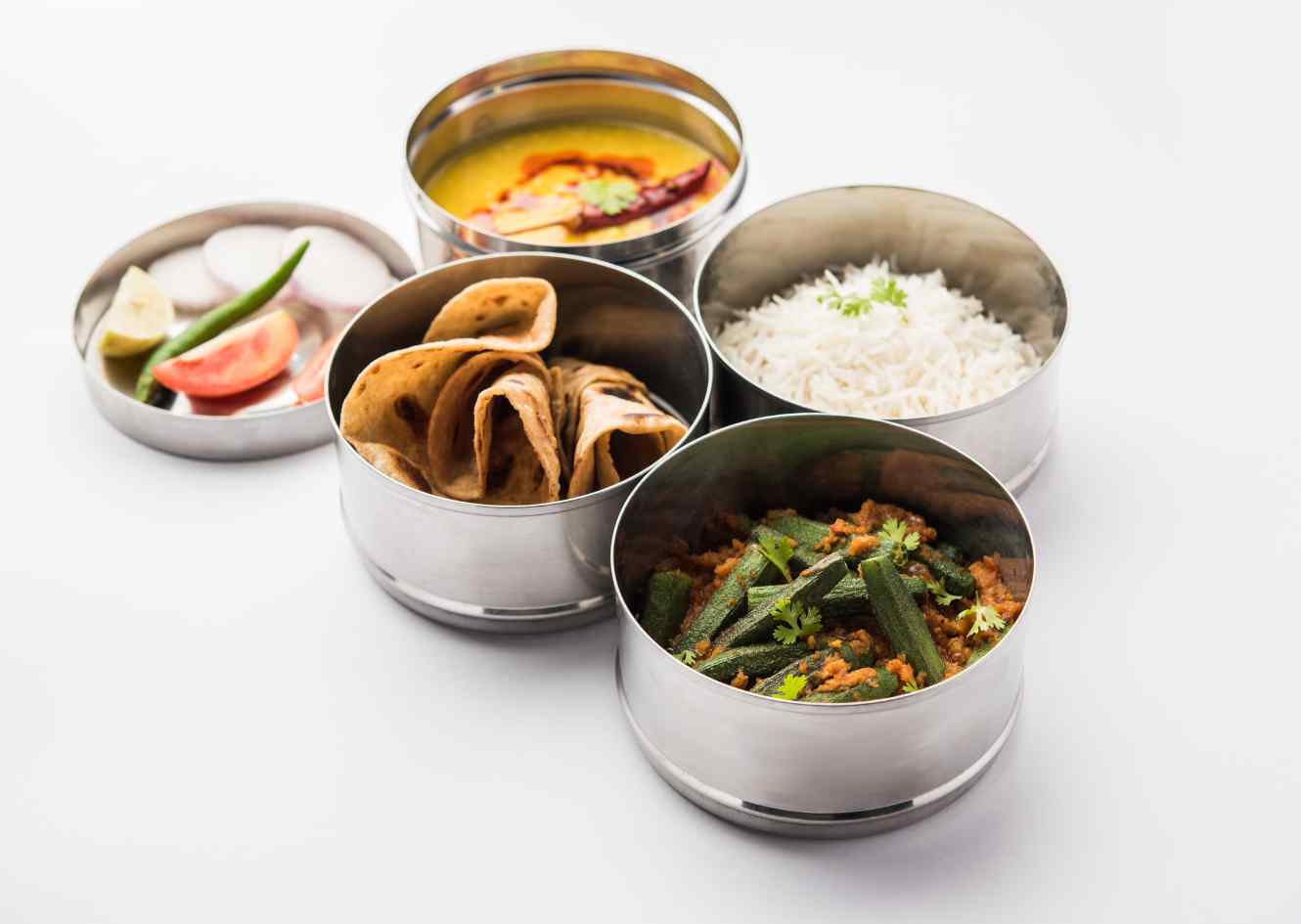The Dabbawalas of Mumbai Have An Amazing Six Sigma Rating

Mumbai, the financial capital of India, is home to a unique, time-tested logistics system that has captured the world’s imagination: The Dabbawalas. In the chaotic hustle and bustle of this teeming metropolis, the dabbawalas have, for over a century, provided an invaluable service of delivering home-cooked meals with clockwork precision. Let’s dive deeper into the world of these remarkable individuals.
The dabbawala system began in 1890 when a Parsi banker hired someone to deliver his lunch from home. Recognizing the potential of this service, the idea quickly evolved into a full-fledged, organized business. Today, it’s estimated that about 5,000 dabbawalas deliver over 200,000 lunch boxes daily!
How Does it Work?
The word “dabbawala” can be translated as “one who carries a box.” “Dabba” means a box (usually a cylindrical tin or aluminum container), while “wala” is a suffix denoting a doer or holder of the preceding word.
Early in the morning, dabbawalas collect lunchboxes from households or caterers. These lunch boxes are then taken to a sorting place. At the sorting location, dabbas are rearranged based on the destination areas. They are then placed in a cart or on bicycles for delivery. The dabbawalas, using bicycles, trains, and on-foot methods, navigate the chaotic streets of Mumbai to deliver each lunchbox. Post-lunch, the empty dabbas are collected and returned to the respective households.
The Coding Used By The Dabbawalas
What’s astonishing is the simplistic yet effective coding system the dabbawalas use. The Dabbawalas of Mumbai have a unique coding system that has evolved over the years, allowing them to efficiently and accurately deliver lunch boxes across the vast and densely populated city. Though appearing simple at first glance, this coding system is the cornerstone of their impeccable accuracy.
They use a mix of alphabets and numbers to represent various aspects of delivery.
The top section of the lunch box usually has an alphanumeric code indicating the starting train station and destination train station. The middle section of the code denotes the address or the building name of the recipient. The floor number is usually a numeric value indicating the floor on which the recipient is located.
Dabbawala Identifier is part of the code that specifies the dabbawala responsible for the final delivery, ensuring clarity on who is responsible for which box.

Simple And Efficient Coding
In addition to alphanumeric codes, some dabbawalas use color codes, especially when delivering in areas with many corporate offices. Different colors might be used for different buildings or floors to expedite sorting. Over time, some dabbawalas have also introduced symbols, like a triangle or a circle, to represent specific buildings or areas, further easing the process of identification.
The order in which the codes are written also has significance. For example, a dabbawala will know by the sequence whether the code refers to the source station or the destination. Dabbawalas work in groups, and each group has its unique identifier. This ensures that even if a lunchbox gets mixed up with another group’s collection, the group’s unique code helps identify the mistake.
The beauty of this system lies in its simplicity and reliance on human memory and efficiency rather than technology. Every dabbawala knows their area, the regular customers, and their typical codes by heart. This intimate knowledge and the coding system ensure that mistakes are extremely rare.
Training is a crucial part of this system. A new dabbawala is trained extensively in the coding system, and he usually starts by shadowing an experienced member to learn the ropes.
Six Sigma Recognition
The precision of the dabbawala system has drawn global attention. Renowned institutions and personalities, including Prince Charles and Richard Branson, have lauded their efficiency. Forbes Global magazine conducted a quality assurance study on the dabbawalas and found an error rate of 1 in 16 million deliveries, awarding them a Six Sigma performance rating (99.9999% of the deliveries are error-free) – a feat many corporations dream of achieving.
The Secret to Their Success
The dabbawalas’ job is seen not just as a means to earn money but as a service. This mindset ensures a high level of commitment. The entire system relies on seamless teamwork. Every dabbawala plays a crucial role, and the entire chain depends on the efficiency of each link.
The entire model is based on human effort, without reliance on technology or complex logistics. This simplicity ensures fewer points of failure. Many dabbawalas see their work as a form of worship. They believe in providing service without expecting tips or extra charges.
In an era dominated by technology and automation, the dabbawalas of Mumbai stand as a testament to the power of human endeavor, commitment, and community spirit. Their story is not just about delivering lunchboxes; it’s about the strength of tradition, the value of hard work, and the indomitable spirit of service. It’s a lesson in efficiency, reliability, and dedication that businesses worldwide can learn from.
